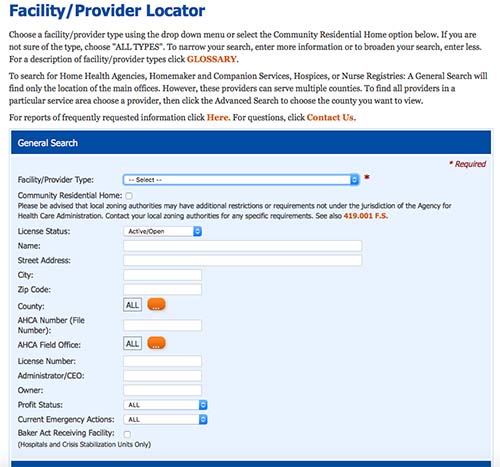Navigating the Complex Monetary Landscape of Senior Assistance Choices
Navigating the Complex Monetary Landscape of Senior Assistance Choices
Blog Article
Navigating the financial landscape of elderly assistance options can be a challenging endeavor for families and persons. As individuals age, their needs often evolve, necessitating different types of support and aid. Understanding the different choices available, along with their associated expenses, is essential for making knowledgeable choices. This article will examine the different types of senior assistance, the financial consequences of each option, and strategies for handling these costs efficiently.
There are multiple types of senior assistance options available, each addressing to different needs. In-home care solutions allow seniors to receive assistance in their personal homes, which can encompass help with daily activities such as hygiene, meal preparation, and medication supervision. Supportive living communities provide a more communal living setting, offering assistance with everyday tasks while enabling residents to maintain a degree of self-sufficiency. For those with more complex healthcare needs, skilled nursing homes provide comprehensive assistance, including 24-hour healthcare supervision. Comprehending these options is crucial for families to decide what type of care most suits their family members.
The costs related with elderly care can vary considerably based on the type of assistance selected. Home care solutions may bill hourly rates, which can accumulate rapidly depending on the number of hours needed each seven days. Assisted living facilities typically have monthly fees that cover accommodation, food, and basic care solutions. Skilled nursing facilities often have elevated expenses due to the comprehensive healthcare care provided. It is crucial for relatives to research and contrast costs, as well as to take into account any extra fees that find out here may not be included in the starting cost.
Funding senior assistance can be a complicated process, but there are multiple choices available to assist manage these costs. Many relatives depend on individual funds or income from pension funds to cover costs. Extended care coverage is another choice that can provide monetary support for various types of senior care. Additionally, government initiatives such as Medicare may provide assistance for those who qualify based on financial status and need. Comprehending these financial options can help families make more knowledgeable decisions about their care options.
Planning for elderly care should start in advance, as this can assist reduce some of the monetary stress later on. Relatives are encouraged to have open conversations about assistance preferences and monetary abilities. Establishing a financial plan that details potential costs and available options can also be helpful. By making preemptive steps, relatives can better maneuver through the complicated monetary terrain of senior assistance options, ensuring that their family members receive the care they require while handling costs efficiently.